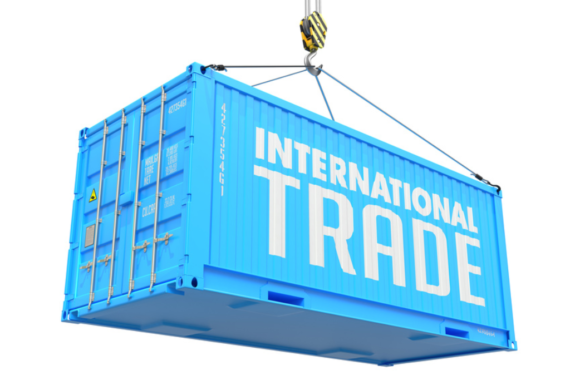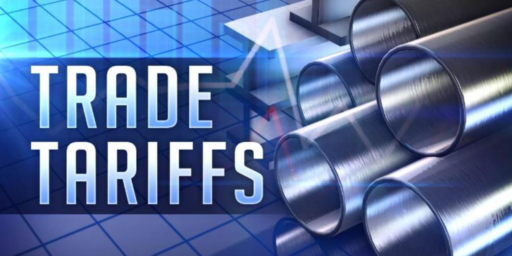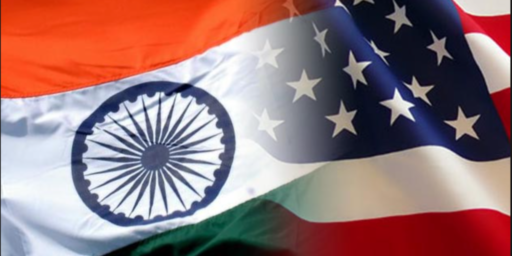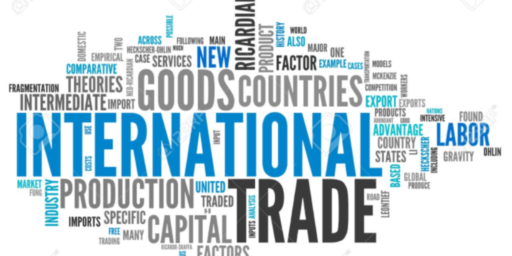More Tales from the Trade War
This time: India.

In case you missed it (and I did until today), the Trump administration’s quest to ramp up economic nationalism and alienate friends, allies, and adversaries alike also includes raising tariffs on India. Because, you know, trade wars are so very good and extremely easy to win.
Via the NYT from last week: Trump Administration Strips India of Special Trade Status
The Trump administration announced on Friday that it was stripping India of a special status that exempts billions of dollars of its products from American tariffs, part of a deepening clash over India’s protections for its market.
The White House said that it would terminate India’s preferential market access to the United States as of June 5. The notice claimed that India had not given the United States “equitable and reasonable access to its markets.”
The administration said that it would also apply to India tariffs on solar panels and washers that President Trump announced last year, suspending an exemption it had granted to certain developing countries.
The measure will hit some Indian exporters of products like textiles, jewelry, auto parts and agricultural products, and aggravate tensions between the United States and a country the Trump administration has described as an ally to counter China.
Not surprisingly, India is not contemplating retaliation.
The program in question is the Generalized System of Preferences (more here and here). The NYT piece notes:
The program India is being expelled from, called the Generalized System of Preferences, was devised to allow developing countries to alleviate poverty through trade. About $5 billion of the $83.2 billion of goods that India sent the United States last year qualified for the tariff exemptions.
This is, therefore, different from the other tariffs that Trump has installed. He is relying on the The International Emergency Economic Powers Act (IEEPA) for those tariffs. The action in India is different, legally, and more defensible in a general policy sense. Maybe in another context one could understand the move. However, all that Trump appears to be doing is finding whatever leverage he can to raise tariffs on the misbegotten notion that that will be good for the US economy.
It is amazing to note that the world (led by the US, by the way) spent decades trying to construct a global trading order based in no small measure on reducing tariffs so as to promote long-term global trade so as to contribute to systemic peace and prosperity. This is what GATT was about as was the WTO and innumerable trade deals. Economic nationalism and drives to autarky lead more to war than peace.
And while war may be good for business in the short term, it is terrible for it in the long term. Meanwhile, a peaceful, integrated marketplace, imperfect as it may be, is good for everybody.
But, hey, let’s just tear it all up because tariff man thinks he know the art of the deal.





Trump’s trade wars sent global investment tumbling – World Bank
So much winning.
A smart president who wanted to restrain China on the world stage might think it would be a good thing to strengthen rather than weaken our links to India. India is the only regional power that can challenge Chinese economic (and eventually military logistics) moves in Southeast Asia and Africa.
But nah, let’s not play global strategy, let’s play Hungry, Hungry Hippo instead. Toddler’s choice.
@michael reynolds: All he seems to understand is bluster and bullying tactics.
So artful.
So many deals.
@michael reynolds:
Honestly, do you think Trump, or his cult, would ever believe a bunch of third-world people of color could possibly ever do something that a white nation could not do better?